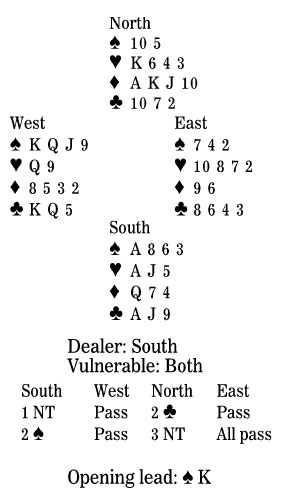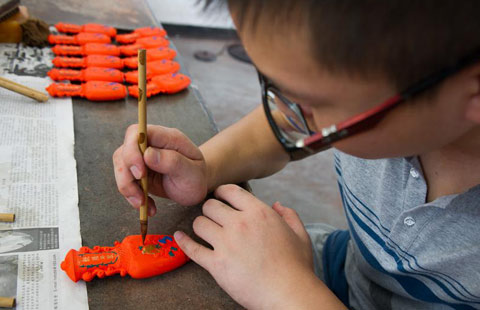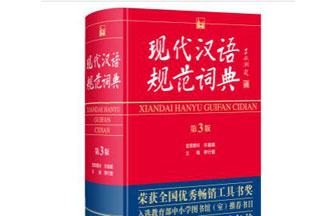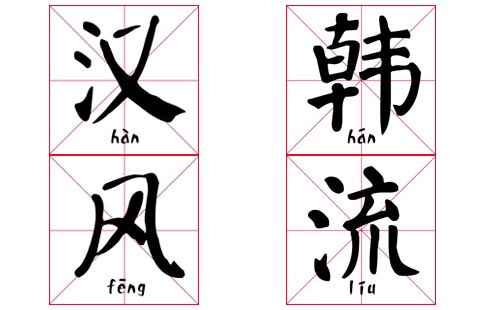The hunt is on for number nine
By Phillip Alder ( China Daily ) Updated: 2014-08-30 07:23:40Jon Bon Jovi said, "Success is falling nine times and getting up 10."
Success in three no-trump is getting up nine tricks and falling four times. How should South plan to do that in this deal after West leads the spade king?
South starts with eight top tricks: one spade, two hearts, four diamonds and one club. The extra winner might come from hearts or clubs. In isolation, in hearts, one would cash dummy's king, then take a finesse; or, in clubs, take two finesses. The snag is that all of those finesses are into the West hand, the defender who presumably has long and strong spades (to be leading declarer's known four-card suit). Is there anything better?
Of course! South should duck the first two rounds of spades to find out if the suit is 4-3 or worse. If it is worse, he had better run his diamonds to try to bring pressure to bear on West, then probably hope that the heart finesse works.
Here, though, spades are 4-3. Now it cannot hurt declarer to take the third spade and return his fourth spade, pitching a heart and a club from the board.
If West shifts to a heart or club, it concedes the contract. So let's assume he safely leads a diamond. South takes the trick on the board and runs the club 10.
That loses and West produces another diamond. Now declarer should play off his two top hearts. Here, the queen drops and the contract is home. But if she does not appear, after cashing his last two diamond tricks, South should plan on taking a second club finesse.

|
|
|
|
|
|
|
|






















 Selfies and the art of staying within limits
Selfies and the art of staying within limits Raymond Zhou:
Raymond Zhou: Pauline D Loh:
Pauline D Loh: Hot Pot
Hot Pot Eco China
Eco China





